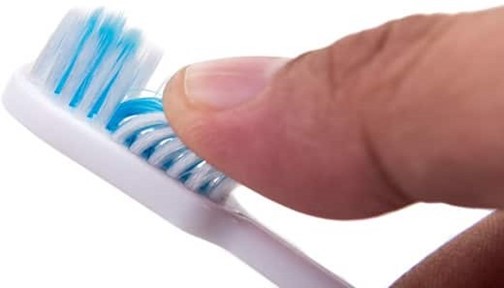A nurse is collecting data from a client who has diabetes mellitus.
The client is confused, flushed, and has an acetone odor on their breath.
The nurse should anticipate a prescription for which of the following types of insulin to treat the client.
Regular insulin.
NPH insulin.
Lispro insulin.
Glargine insulin.
The Correct Answer is A
The client’s symptoms of confusion, flushed appearance, and acetone odor on their breath suggest that they may be experiencing diabetic ketoacidosis (DKA), a serious complication of diabetes that occurs when the body produces high levels of ketones.
Treatment for DKA typically involves administering intravenous fluids and insulin to lower blood sugar levels and suppress ketone production 1.
Regular insulin is a fast-acting insulin that can be given intravenously to quickly lower blood sugar levels 1.
Choice B is incorrect because NPH insulin is an intermediate-acting insulin that takes longer to start working and would not be appropriate for treating DKA.
Choice C is incorrect because lispro insulin is a rapid-acting insulin but it is not typically given intravenously.
Choice D is incorrect because glargine insulin is a long-acting insulin that takes several hours to start working and would not be appropriate for treating DKA.
Nursing Test Bank
Naxlex Comprehensive Predictor Exams
Related Questions
Correct Answer is A
Explanation
The nurse should include in the teaching that the client should use a soft-bristled toothbrush.
Heparin is an anticoagulant that decreases the clotting ability of the blood 1.
Using a soft-bristled toothbrush can help prevent bleeding of the gums while brushing teeth.

Choice B is incorrect because heparin should not be injected deep into the thigh muscle.
Instead, it should be given subcutaneously (under the skin) 2.
Choice C is incorrect because black and tarry stools are not an expected side effect of heparin.
Choice D is incorrect because easy bruising does not indicate that the medication is effective.
Instead, easy bruising may be a side effect of heparin and should be reported to the healthcare provider 1.
Correct Answer is ["94"]
Explanation
To calculate the flow rate in mL/hr, you need to divide the total volume to be infused by the total infusion time in hours (750 mL / 8 hr = 93.75 mL/hr).
Rounded to the nearest whole number, this is 94 mL/hr.
Whether you are a student looking to ace your exams or a practicing nurse seeking to enhance your expertise , our nursing education contents will empower you with the confidence and competence to make a difference in the lives of patients and become a respected leader in the healthcare field.
Visit Naxlex, invest in your future and unlock endless possibilities with our unparalleled nursing education contents today
Report Wrong Answer on the Current Question
Do you disagree with the answer? If yes, what is your expected answer? Explain.
Kindly be descriptive with the issue you are facing.
